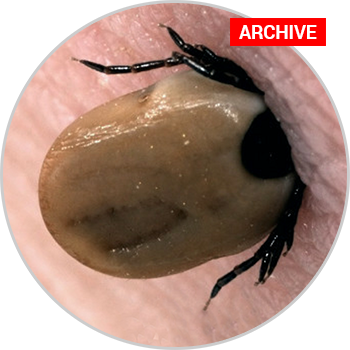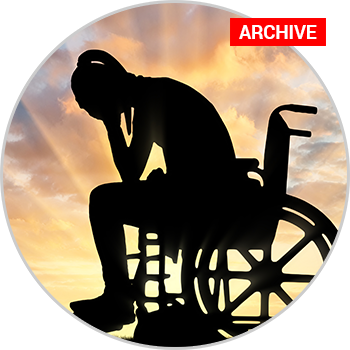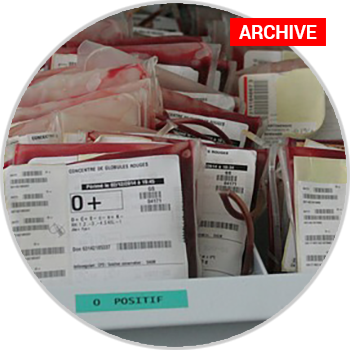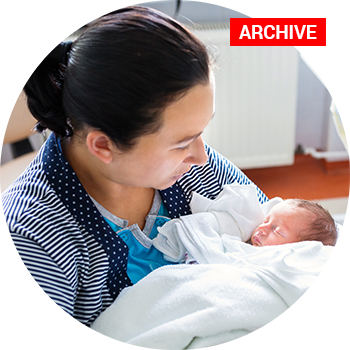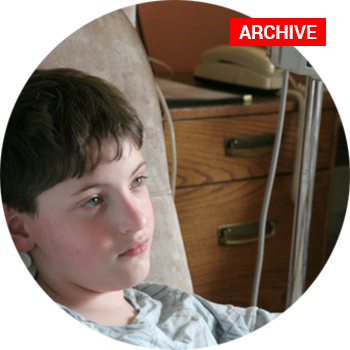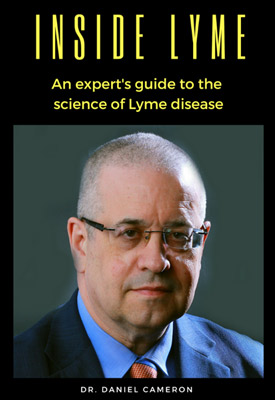We will discuss the good, bad, and ugly side of PTLDS. The good news is that a chronic manifestation of Lyme disease has been recognized. The bad news is that PTLDS is a serious illness that can last for years. The ugly news are the obstacles to solving the PTLDS. I don’t even like the term PTLDS. I will explain in my next live Lyme Hangout Tuesday, March 13, 8PM EST.
I will start the discussion with a 23 year-old-woman with severe chronic pain due to PTLDS. “Her functionality was severely affected; she was bedbound for approximately 5 years and required a wheelchair,” writes Lim from the Department of Anesthesia and Perioperative Care, University of California, San Francisco in the Saudi Journal of Anaesthesia.1 The case was initially described in the latest All Things Lyme Blog.
Host: Dr. Daniel Cameron





